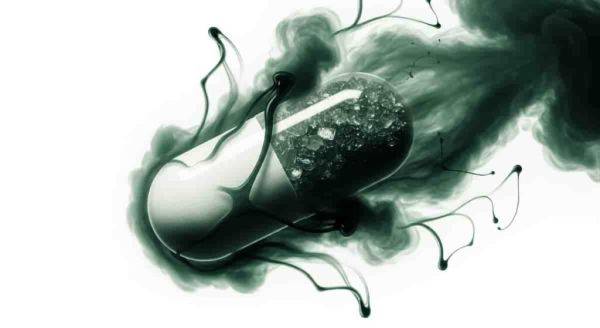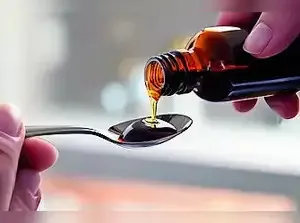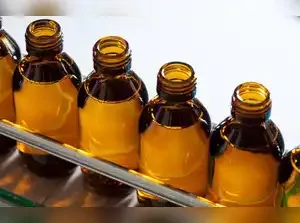
News India Live, Digital Desk: Toxic Chemicals in Medicine: Hey, did you hear about a very sad news from Madhya Pradesh? In Mandsaur, a cough syrup named Coldrif took the life of an innocent child. It is really heart breaking to hear this. Did you know that such incidents have happened before and are often caused by a dangerous chemical called Diethylene Glycol (DEG)? How does it get into medicines and why is it so deadly, let us talk a little about it. What is this Coldrif syrup controversy? Actually, there has been a stir in Madhya Pradesh after the death of an eight-month-old child. It was found that the child had drunk a cough syrup named Coldrif. In the initial investigation, a poisonous chemical named Diethylene Glycol (DEG) was found in it. This is the same chemical which has already caused the deaths of children in many countries. Imagine, the very medicine we give to our children to cure them can become the enemy of their life! Diethylene Glycol (DEG) – Sweet Poison which should not be in medicines. Diethylene Glycol (DEG) is a colourless, odorless liquid which has a mild sweet taste. Its specialty is that it is a good solvent, meaning it dissolves many things easily. Industrially, it is used in making antifreeze, brake fluid, ink, and some plastics. But, the thing to be noted here is that it is not at all safe for humans to drink or to use in medicines. Then why does it come in medicines? Often this chemical gets mixed in medicines by mistake or fraud. Generally, cough syrups or other liquid medicines use glycerin or propylene glycol, which help in dissolving the medicines and are safe. Unfortunately, some greedy or irresponsible people replace these safer alternatives with cheaper and toxic diethylene glycol (DEG). Its price is very low, due to which the profit of the manufacturer of the product increases, but innocent people have to pay the price by sacrificing their lives. Why is it so poisonous? As soon as someone drinks a medicine containing diethylene glycol, this chemical directly attacks the liver, kidney and brain as soon as it enters the body. It mainly damages the kidneys the most and causes them to stop functioning. Some symptoms of its poison are: severe stomach pain, vomiting and diarrhea, reduced or complete cessation of urination, kidney failure, changes in mental status and ultimately, death. The special thing is that even very small amounts of it can be fatal for both children and adults. This is not a new thing! Such incidents have not happened for the first time. Over the past few decades, hundreds of deaths have occurred in several countries (such as the United States in 1985, Haiti in 1996, Panama in 2006, and more recently Gambia and Uzbekistan) due to medicines contaminated with diethylene glycol. These incidents have raised big questions on drug quality control every time. Such cases have happened before in India too and the Central Drugs Standard Control Organization (CDSCO) continuously tries to monitor it and take strict measures. But still such sad news shows that there are flaws somewhere in the system, which are very important to be removed so that no other innocent child falls prey to it in the future. It is very important for our health and that of all your loved ones that we should be cautious while taking any medicine, buy medicines of trusted brands only and always check the expiry date. And yes, give any cough syrup or medicine only after consulting your doctor or pharmacist, especially for children. After all, there is nothing more precious than the lives of children.
-
After child deaths, pharmacists told to stop dispensing cough syrups to kids under 2

-
Two Gujarat cos under lens for DEG-laden cough syrup; FDA issues alert

-
Year-end travel boom: The early bird gets the suite; the late one pays the price

-
Delhiites home in on community living, rentals scale new high

-
Investments in offices make a strong comeback
